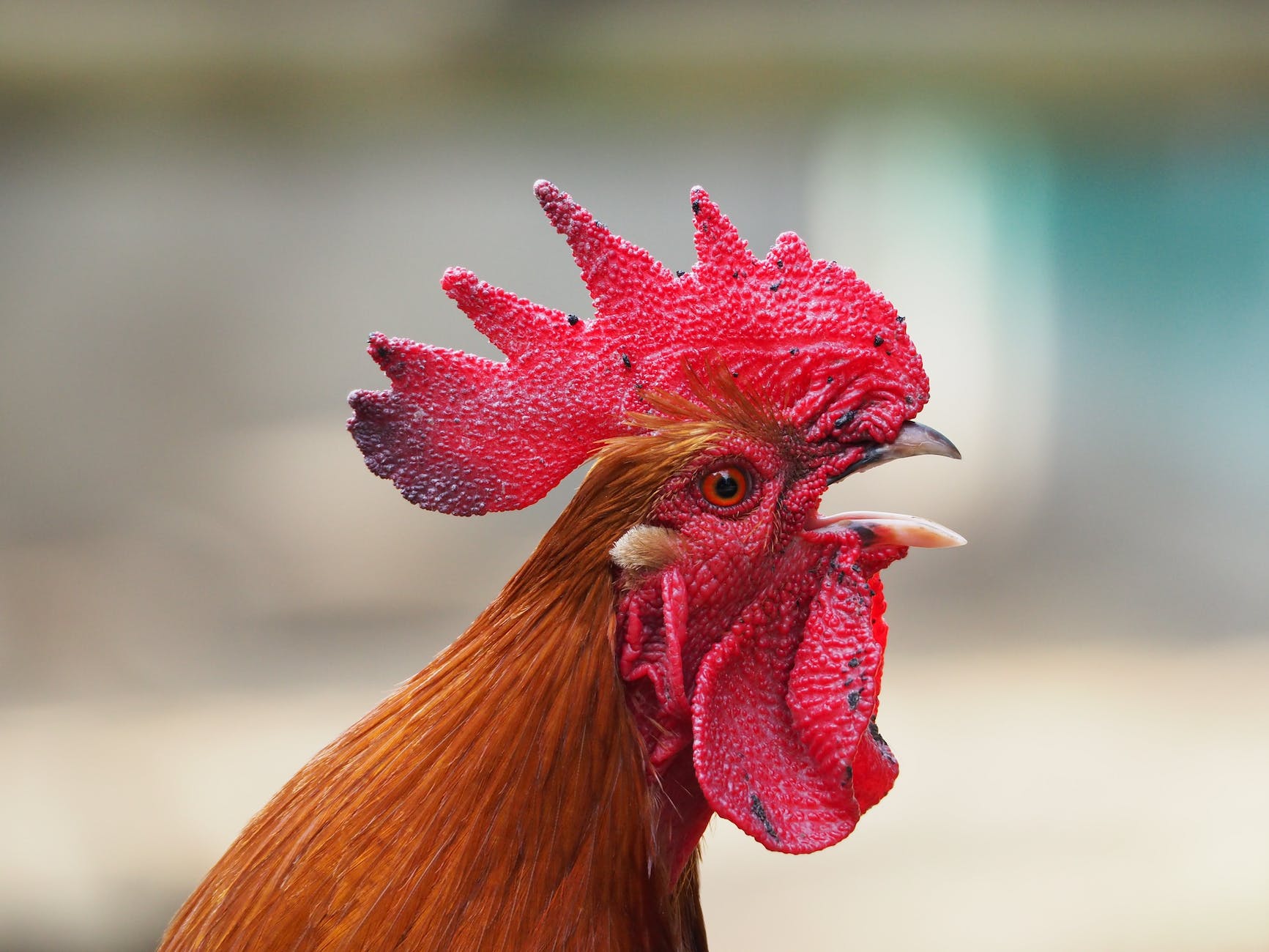In order to protect chicken and egg production from highly pathogenic avian influenza, the Mexican government located and instructed sanitary measures of epidemic prevention in seven points of the country, informed on Friday, November 4 the Secretariat of Agriculture and Rural Development (Sader).
According to information from the National Service for Agri-Food Health, Safety and Quality (Senasica), 296,000 birds affected by this influenza cataloged as HPAI AH5N1 were located in 3 of 8 focal points.
Mexican authorities explained that these birds affected three hi-tech poultry production units: two in the state of Sonora and one in Nuevo León, both in northern Mexico.
In addition, Senasica ordered an internal quarantine in both states, meaning that poultry products that do not have a permit from the Mexican health authority in the two affected states cannot be moved.
Sader also explained that the technicians of the General Directorate of Animal Health, under its responsibility, installed a quarantine in the affected commercial farms and applied the indicated sanitary measures.
As a result, the poultry production units were depopulated, cleaned, and disinfected to initiate the sanitary vacuum period and subsequently introduce sentinel birds, which can verify the absence of the virus before restarting production processes.
In addition, the U.S.-Mexico Commission for the Prevention of Foot and Mouth Disease and other Exotic Animal Diseases of Senasica informed that in all cases it applied the corresponding counter-epidemic measures, which include tracing the virus within a 15-kilometer radius of the findings.
In order to resume the mobilization and marketing of their birds, producers must demonstrate that the birds in their production units are free of any avian virus, as well as have a registration with the Sader and a certificate of minimum biosecurity measures that guarantee the health of the animals.
The Mexican Agriculture Agency stated that the entry of this virus was foreseeable due to its recent presence in the U.S. and Canadian markets.
Finally, it reported that it is analyzing the effectiveness of available vaccines and is working on the design of a vaccination strategy to protect Mexican poultry farming.
TYT Newsroom



